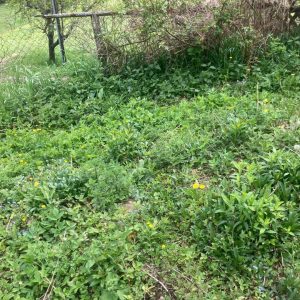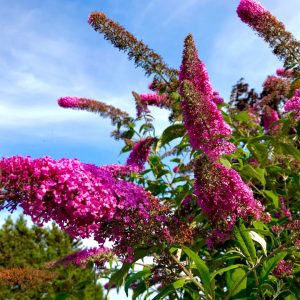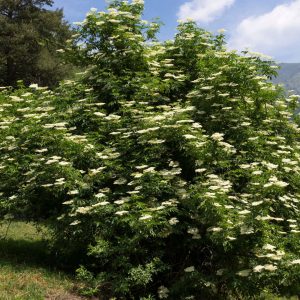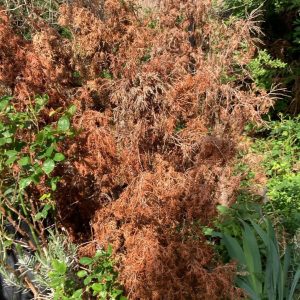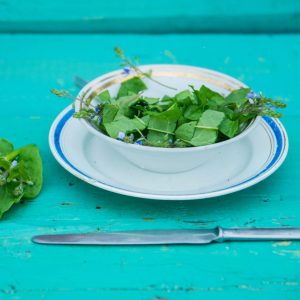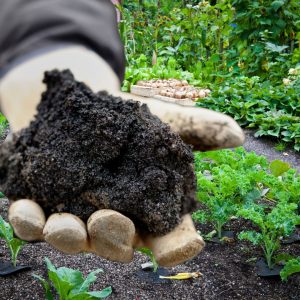How we garden has an enormous effect
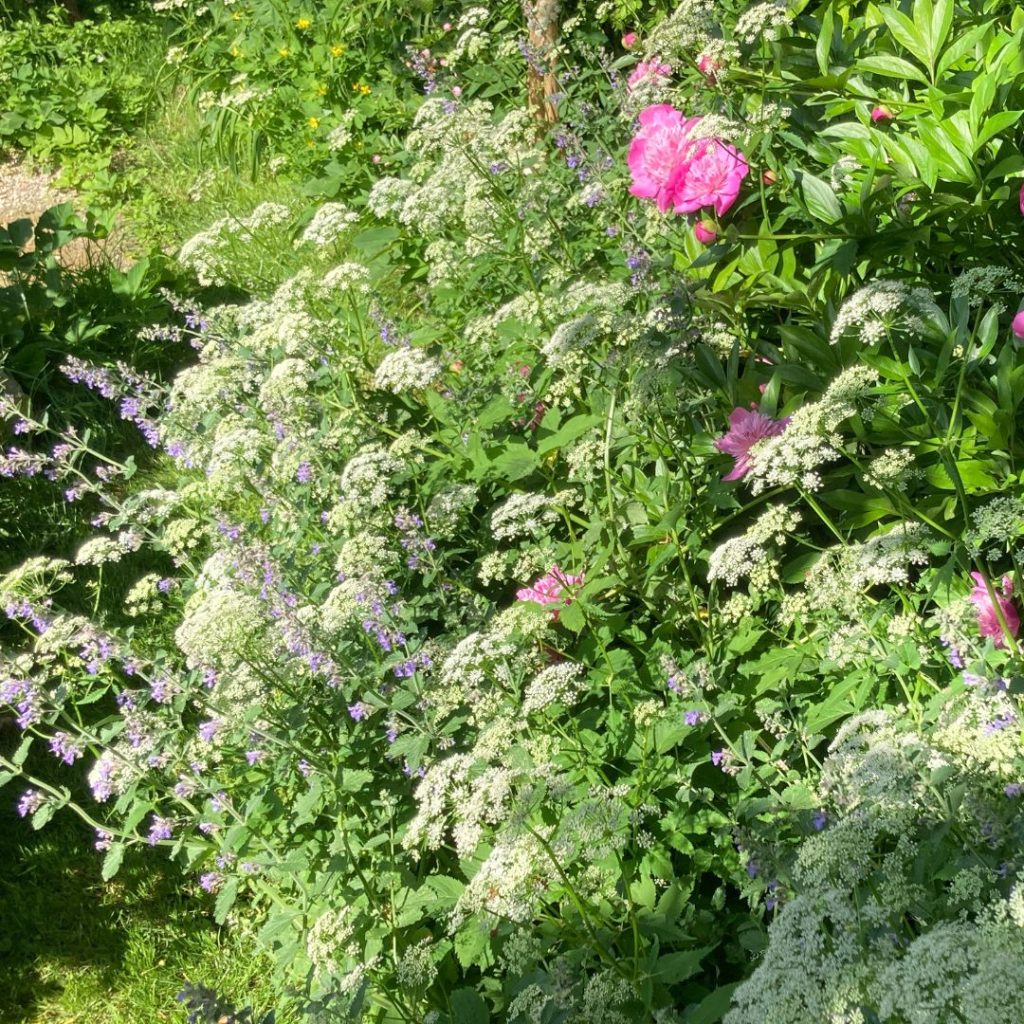
This morning, my husband forwarded me a LinkedIn post by Nils Nettersheim, who apparently produces biochar products, in which he writes that every small garden is "nothing more than a tiny farm that is not necessarily about yields" and that all gardens in total (he is talking about Germany, the same applies to Austria) have a major impact on the environment and climate. According to his report, there are around 17 million gardens in Germany, with a total area of 824,500 hectares - three times the size of Saarland. In Austria, the size of all the gardens together equals the area of a national park.
Why are we #Beetschwestern writing about it?
We want to show you that we can all contribute to change. In our gardens, on our balconies and terraces. No matter how small our patch may be, it can contribute to a world fit for grandchildren. We need to get away from gravel deserts with plastic sheeting underneath, where no native plants are allowed to get through, and "dead" gardens with cherry laurel hedges and English lawns that are constantly watered and fertilized with chemicals and kept "weed-free".
I've never understood what anyone can find in a garden that doesn't change all year round because it's evergreen and only green (or even gray). Nothing changes. You always see the same thing. Day in, day out. We need a transformation towards gardens that are varied and contain a wide range of habitats that provide a habitat for many native plant and animal species.
We can create a high level of biodiversity in a small space, offer an incredible density of habitats and retreats and enjoy life in our gardens.
Knowledge helps
We can inform ourselves about our animal roommates, get to know and understand them better and enjoy their presence instead of trying to drive them away or even eradicate them. For example, I explained to my new neighbor, who was trying to get rid of his mole because he thought it was eating his plants, that these creatures eat other food such as worms and insect larvae and that molehill soil is a valuable raw material for us, whereupon he stopped maltreating his garden dweller. Knowledge helps.
Achieve enormous effects
Allow and use instead of fighting. With the circumstances and not against them. Mindful instead of aggressive. Letting go and relinquishing control. Observe and learn. Marvel. And still following your own personal path. Everyone can make a contribution. We make the difference. We can achieve enormous effects. Together! Through natural gardening! Your #Beetschwestern
Further link
We would also like to draw your attention once again to the National Park Garden initiative, which we wrote about last year.
